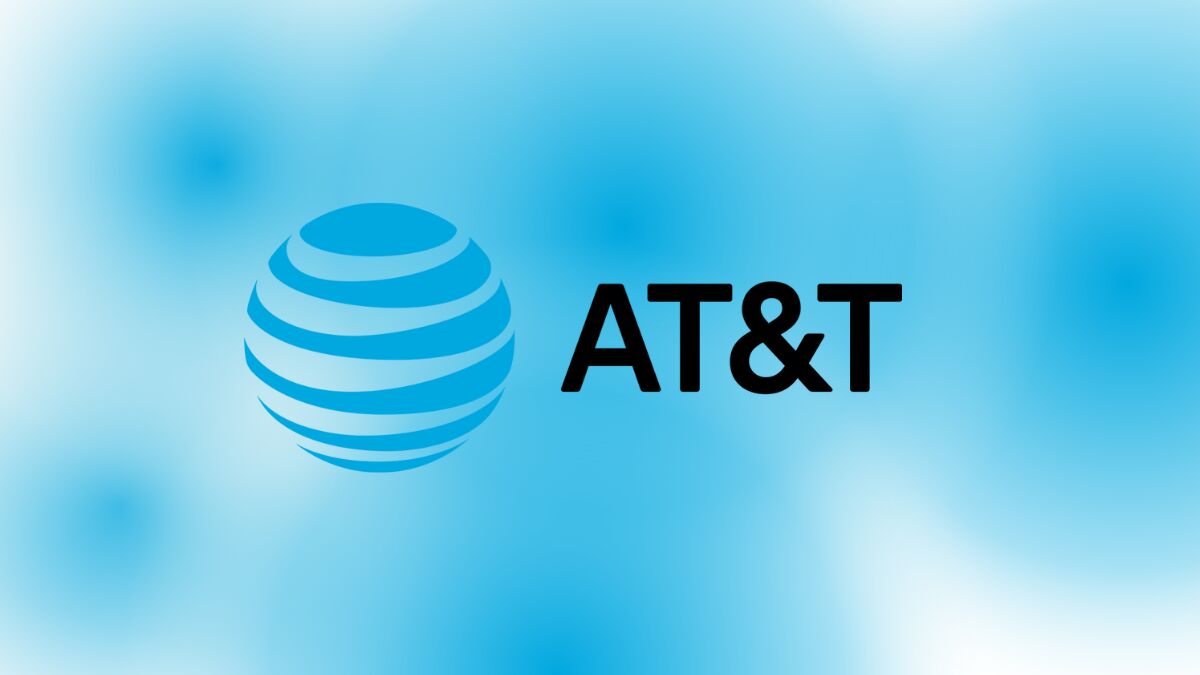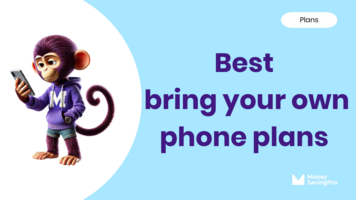
Highlights
- The FCC has proposed a 60-day phone unlocking rule to promote consumer choice and competition.
- T-Mobile and AT&T argue the policy will lead to higher upfront costs for consumers.
- Consumer advocacy groups support the rule, saying it will create better deals and more freedom for users.
The Federal Communications Commission (FCC) is on a mission to protect consumer rights and increase market competition. Its latest proposal aims to require cell phone carriers to unlock phones within 60 days of activation, allowing customers more flexibility to switch providers.
While this move has garnered praise from consumer advocates, T-Mobile and AT&T are fiercely opposing it. Warning that consumers may end up paying more in the long run.
The FCC's proposal gives more freedom to consumers
The proposed rule, approved unanimously in July 2024 as a Notice of Proposed Rulemaking (NPRM), is part of a broader effort by the FCC to make the wireless industry more competitive and consumer-friendly. By mandating that phones be unlocked within 60 days, the FCC hopes to:
- Allow customers to switch carriers without being tied down by locked devices.
- Encourage competition among carriers, potentially leading to better prices and services.
- Give consumers more flexibility to use their devices how they choose.
Supporters of the rule argue that locked phones limit consumer freedom and hinder fair competition in the wireless industry.
T-Mobile and AT&T push back
T-Mobile and AT&T have voiced strong opposition to the FCC's proposed rule. In filings with the FCC, both companies argued that the policy could harm their business models and ultimately lead to higher costs for consumers.
Their key points include:
- Impact on device subsidies: Carriers often subsidize the cost of smartphones, allowing customers to buy expensive devices at a lower upfront price. They argue that unlocking phones within 60 days would make it harder to recover these costs, forcing carriers to raise prices.
- Reduced customer retention: Locking devices helps carriers ensure customer loyalty during the contract period, enabling them to offer better deals on phones and plans.
T-Mobile stated, "If the Commission mandates a uniform unlocking policy, it is consumers-not providers-who stand to lose the most."
The debate: Consumer advocates vs. Carriers
Consumer advocacy groups, however, strongly support the FCC's proposal. They argue that locked phones restrict consumer freedom and make it harder for people to take advantage of better deals offered by competing carriers.
Supporters believe the rule would:
- Empower consumers to choose the best carrier for their needs.
- Reduce barriers to competition, encouraging carriers to improve their offerings.
- Prevent carriers from locking customers into long-term commitments unnecessarily.
Critics of the carriers' stance point out that the industry has long relied on locking phones to secure customer loyalty, often at the expense of consumer choice.
The potential impact
If the FCC's proposed rule goes into effect, it could significantly reshape the way carriers operate.
Locking phones has been a key strategy for retaining customers and recovering costs. Without this mechanism, carriers may need to rethink their pricing models, potentially shifting costs to consumers through higher device prices or less generous deals.
On the flip side, unlocking phones sooner could increase competition, forcing carriers to offer better service and more attractive plans to retain customers.
My take
This debate highlights a critical tension between customer freedom and carrier business models. At MoneySavingPro, we believe that giving consumers more flexibility is a step in the right direction.
Locked phones often trap customers in plans they no longer want or find too expensive, limiting their ability to shop for cheaper deals.
While T-Mobile and AT&T's concerns about device costs are valid, it's worth questioning whether it truly benefits their customers or simply serves to lock them in with the carrier.
Because do we all really want or need to keep upgrading our phone every couple of years?
If the proposed rule encourages more transparent pricing and better competition, it could ultimately lead to a healthier market for everyone.
Summary
The FCC's proposed 60-day unlocking rule has sparked a heated debate between consumer advocates and T-Mobile and AT&T who warn of higher costs. But the rule could open the door to more competition and better deals for customers.







